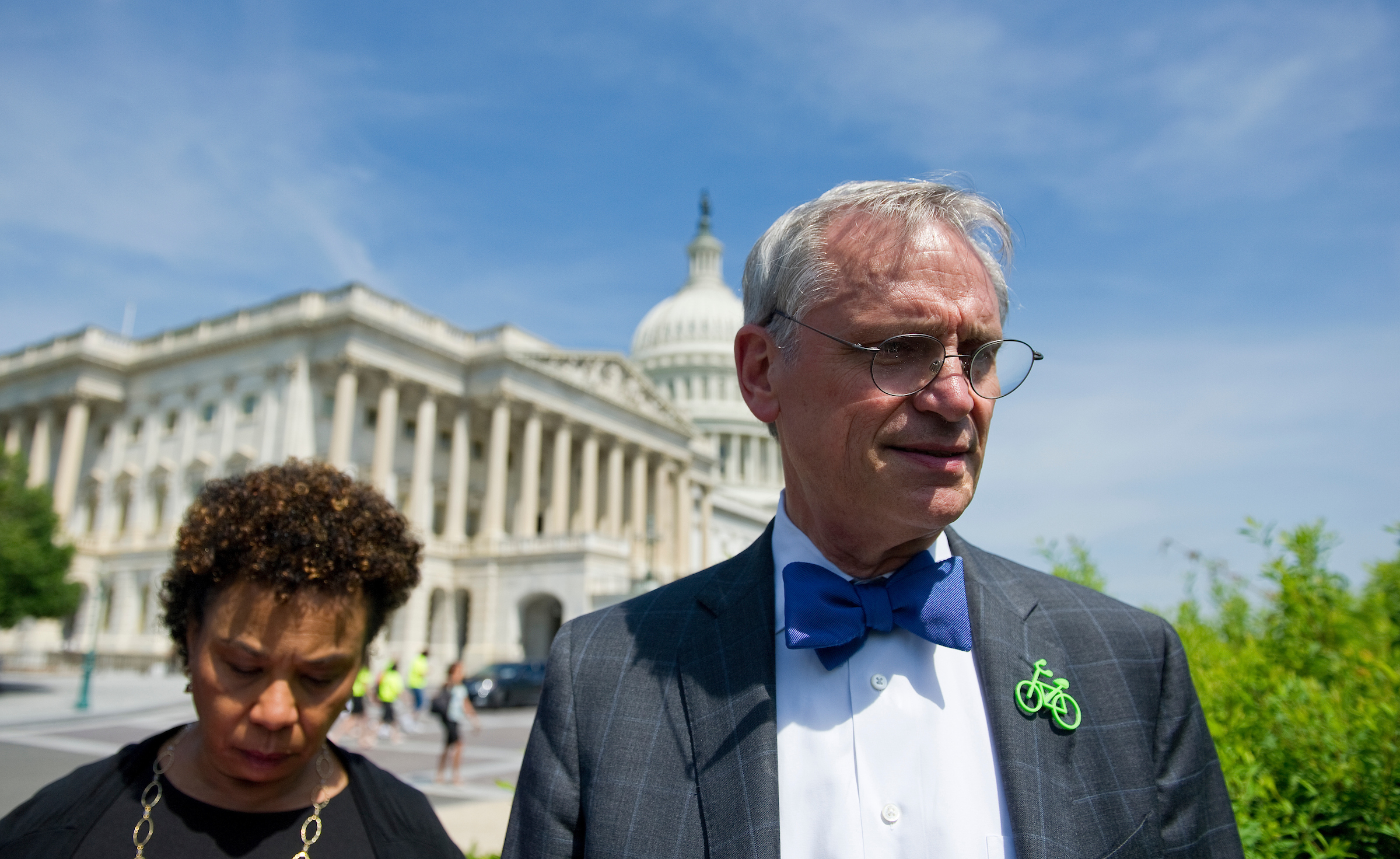Anti-legalization group releases first pot lobby tracker
Political donations to federal candidates mark growth in industry, shift in focus from states

A group opposed to the legalization of marijuana on Tuesday unveiled a tool to track industry donations to federal candidates.
Smart Approaches to Marijuana, or SAM, is the first major opposition group to attempt to quantify the industry’s federal-level lobbying efforts,a sign of the growing profile of the legalization movement.
It also marks a gradual shift in focus from state legislatures, where a raft of measures legalizing the sale of recreational and medicinal use have put more pressure on Congress to reclassify the drug and remove federal restrictions on banking and research.
“It is absolutely true, dramatic and consequential that the pro-legalization lobbying has shifted from do-good types funded by a few billionaires (who did this because they thought it was good for the world, not because they wanted to make more billions) to industry, which is all about the money,” said Jonathan Caulkins, a Carnegie Mellon professor who has written extensively about marijuana legalization.
According to the SAM tracker, which the group said is current through the second quarter of 2018, the top recipients of “major marijuana money” in Congress are Reps. Earl Blumenauer of Oregon, who has collected $33,176 in donations since 2014; Dina Titus of Nevada, with $19,350 since 2014; Barbara Lee of California, with $18,604 since 2013; Ed Perlmutter of Colorado, with $16,858 since 2013; and Tom McClintock of California, with $12,350 since 2015. McClintock is a Republican, the rest are Democrats.
Lawmakers from thirteen states, including Vermont, where recreational marijuana use is legal, are not represented in the SAM database.
SAM spokesman Colton Grace said the tracker includes donations from “known industry players,” which he described as “companies who grow/sell marijuana products, and the ancillary companies who service them …, law firms who focus on the marijuana space, and venture firms who focus on investment in the marijuana industry.”
Still, those totals are minuscule compared to other industries.
For example, the pharmaceutical and health products industry poured $216 million into House and Senate races in the 2018 cycle alone, according to the Center for Responsive Politics. The top recipient, Pennsylvania Democratic Sen. Bob Casey, received $533,339 that period.
The marijuana lobby’s relatively small footprint is partly because the industry has been focused on state actions in recent years, where businesses expected change to come first, Caulkins said. Also, marijuana is still considered illegal under federal law, even in states that have legalized it. It wasn’t until 2014 that the National Cannabis Industry Association — which The Washington Post described as the Chamber of Commerce for the pot industry — hired its first full-time lobbyist on Capitol Hill.
But as the number of states that have legalized recreational and medical marijuana use have grown, big businesses have started to pour money into the industry. They have also started to look to the federal government to step in.
“Companies care mightily about lining up the type of federal legalization that will let them beat out their competitors,” Caulkins said.
That trend was underscored in December when Altria, the parent company of Marlboro cigarette maker Philip Morris, announced that it would take a 45 percent stake in a Canadian medical and recreational marijuana company.
Grace pointed to that acquisition to compare the burgeoning legal marijuana business to the early days of big tobacco.
“Some members might not have a problem with that, but we think the public needs to know,” he said.From the archives: ‘It’s the Wild, Wild West’ without more medical marijuana research





